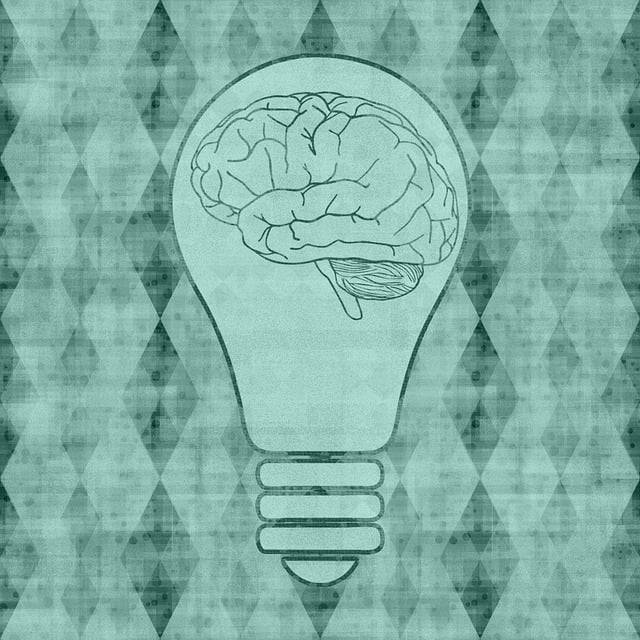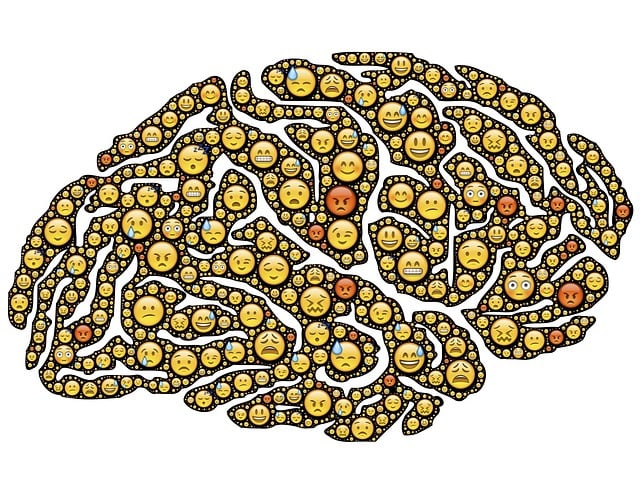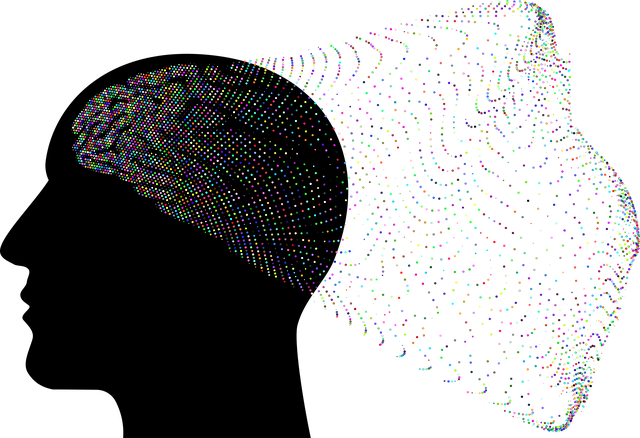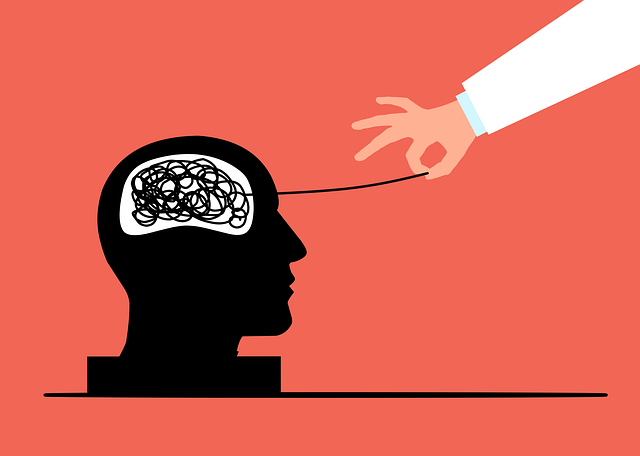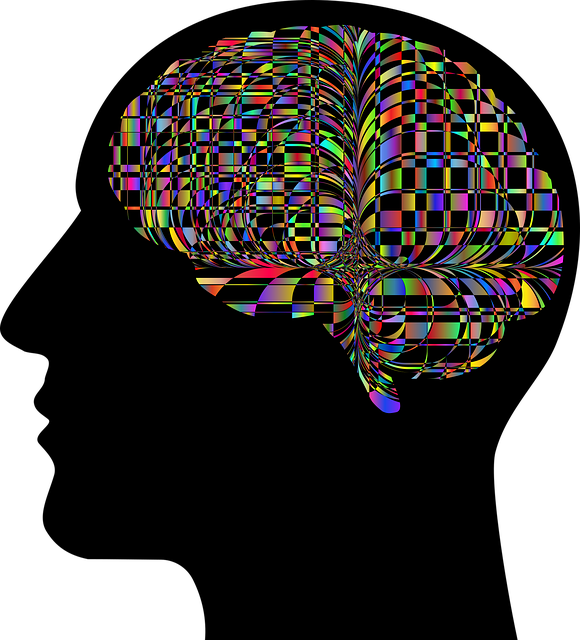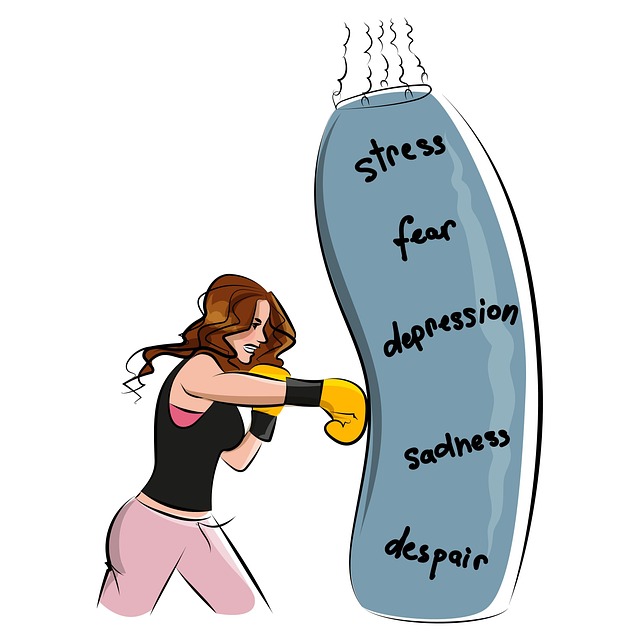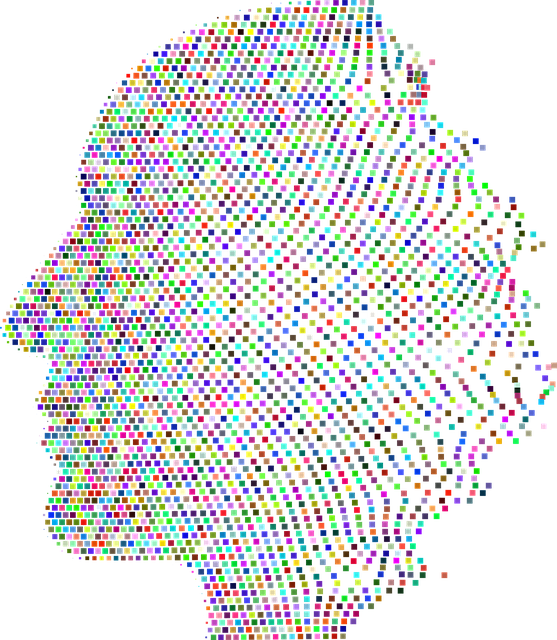Northglenn Learning Disability Therapy emphasizes the importance of integrating evidence-based practices into digital apps for improved mental health support. By combining personalized therapy, remote access, and engaging user experiences, these apps can enhance care outcomes, particularly in trauma support. Effective UX design, cultural sensitivity, strategic marketing, and accessibility are key to successful mental wellness app development, catering to diverse users seeking Northglenn Learning Disability Therapy solutions.
In today’s digital age, mental wellness app development is transforming the way we approach Northglenn Learning Disability Therapy. This article explores the multifaceted aspects of creating effective apps, from understanding the foundation of mental health and learning disabilities to leveraging technology for improved therapy outcomes in Northglenn. We delve into user experience design, integration of evidence-based practices, and marketing strategies, offering insights that can guide the development of impactful digital therapy platforms.
- Understanding Mental Health and Learning Disabilities: A Foundation for App Development
- The Role of Technology in Northglenn Learning Disability Therapy: Opportunities and Challenges
- Designing an Effective User Experience for Mental Wellness Apps
- Integrating Evidence-Based Practices into Digital Therapy Platforms
- Marketing and Accessibility Considerations for Successful Launch
Understanding Mental Health and Learning Disabilities: A Foundation for App Development

Understanding mental health and learning disabilities is a crucial foundation for developing effective apps aimed at Northglenn Learning Disability Therapy. Apps designed to support emotional well-being should be informed by a deep understanding of various mental health conditions, including their unique challenges and strengths. Recognizing that individuals with learning disabilities may face specific barriers to accessing care, app developers can create inclusive features that cater to diverse needs.
By integrating evidence-based practices such as Depression Prevention strategies, Mood Management techniques, and Emotional Regulation tools, these apps can offer valuable support. Tailoring the content and delivery methods ensures that users receive personalized assistance, fostering a more effective therapeutic journey. This approach not only promotes mental wellness but also empowers individuals to actively engage in their own care, potentially improving overall outcomes for those seeking Northglenn Learning Disability Therapy solutions.
The Role of Technology in Northglenn Learning Disability Therapy: Opportunities and Challenges

Technology plays a pivotal role in shaping the landscape of Northglenn Learning Disability Therapy, offering both opportunities and challenges. With advancements in digital tools, therapists now have access to innovative platforms that can enhance traditional therapy methods. Mobile applications, for instance, provide convenient and accessible ways to deliver personalized therapy sessions, catering to the unique needs of individuals with learning disabilities. These apps can encourage ongoing engagement through interactive exercises focused on inner strength development and positive thinking.
Moreover, technology facilitates remote therapy sessions, breaking down geographical barriers and expanding access to care. This is particularly beneficial for those in remote areas or with limited mobility. However, challenges exist, such as ensuring data privacy and security, especially when dealing with sensitive information related to mental health. Additionally, the digital divide must be addressed to guarantee equal access to these services, as not everyone has the same level of technological resources or skills. Despite these hurdles, leveraging technology in Northglenn Learning Disability Therapy offers promising avenues for enhancing treatment outcomes, particularly in areas like trauma support services.
Designing an Effective User Experience for Mental Wellness Apps

Designing an effective user experience (UX) for mental wellness apps is paramount to ensuring their success and positive impact on users’ well-being. At Northglenn Learning Disability Therapy, we understand that creating a supportive and engaging digital environment can significantly enhance self-care practices. The UX should be intuitive, catering to the diverse needs of individuals seeking mental health support. Simple navigation, clear instructions, and personalized content can make all the difference in user retention and satisfaction.
Incorporating features that promote positive thinking and mindfulness is a key aspect of development. This could include interactive exercises, guided meditations, or daily checks-in to track mood and progress. By fostering an environment where users feel heard, supported, and empowered, mental wellness apps can contribute to broader public awareness campaigns around mental health. Effective UX design not only improves the user’s journey but also encourages consistent engagement with self-care practices, ultimately promoting better mental health outcomes.
Integrating Evidence-Based Practices into Digital Therapy Platforms

Integrating evidence-based practices into digital therapy platforms is a key step forward in mental wellness app development. By drawing on research and clinical trials, therapists can ensure that the apps they create are effective tools for supporting individuals with various mental health concerns, including those seeking Northglenn Learning Disability Therapy. This approach leverages the power of technology to deliver therapeutic interventions tailored to individual needs.
Cultural sensitivity in mental healthcare practice is another vital aspect to consider during app development. Incorporating social skills training and burnout prevention strategies within these platforms can further enhance their impact. These features not only cater to diverse user populations but also promote holistic mental wellness, addressing various aspects of an individual’s well-being, from interpersonal interactions to self-care practices.
Marketing and Accessibility Considerations for Successful Launch

When launching a mental wellness app like Northglenn Learning Disability Therapy, marketing and accessibility considerations are paramount for success. Effective marketing strategies should target relevant demographics, highlighting the app’s benefits for managing stress, anxiety, or other common mental health challenges. Utilizing digital platforms, social media campaigns, and partnerships with local healthcare providers can significantly increase visibility and reach potential users.
Moreover, ensuring broad accessibility is crucial. This involves developing an intuitive user interface that caters to diverse needs, including those with learning disabilities or visual impairments. Incorporating features like customizable settings, text-to-speech functionality, and alternative input methods (e.g., voice commands) demonstrates a commitment to inclusivity. Given the growing recognition of cultural competency in healthcare, promoting the app’s alignment with various cultural perspectives and practices can further enhance its appeal among diverse communities, fostering trust and encouraging adoption, especially when coupled with Inner Strength Development and Coping Skills Development features.
The development of mental wellness apps, informed by understanding Northglenn Learning Disability Therapy needs, presents a promising avenue for enhancing access and effectiveness in mental health support. By leveraging technology, integrating evidence-based practices, and prioritizing user experience and accessibility, these apps can significantly contribute to the well-being of individuals with learning disabilities. As we move forward, a strong focus on marketing strategies tailored to this specific demographic will be crucial for successful app launches, ensuring that these digital therapy platforms reach and benefit those who need them most.
